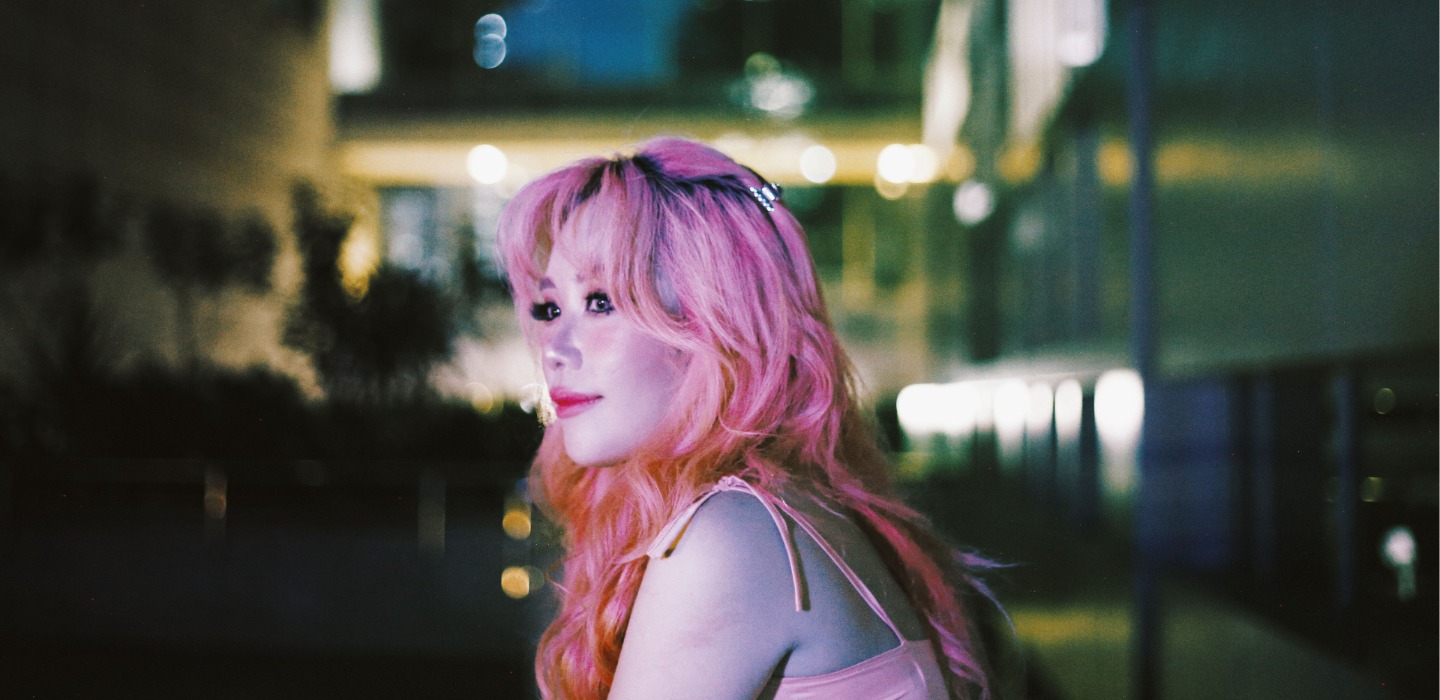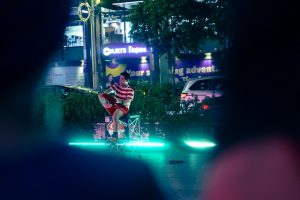The first time I meet Wendy Cheng, popularly known as Xiaxue, I ask her to take me to a place from her childhood.
“Teban gardens,” she responds. “But kill me, I don’t want to go back there. It’s where I kept getting molested.”
This is a lot of information from someone I have never met, but upon meeting her I soon become immune to her provocative manner of speech.
Our photographer asks about her hair, and she says, “It’s probably from a dead person.”
She then proceeds to joke about being suicidal in light of her election controversy: “Should I just jump in front of the next car?”
And when I ask her whether she has good intentions behind her platforms, she says, “Yes… But so did Hitler.”
Xiaxue’s tirades run effortlessly from the personal to the political, drawing the attention of anyone in her immediate vicinity. But stories from her childhood give me the sense that she’s not an attentionwhore for the sake of it. It’s rooted in her upbringing.
In primary school, she topped her PSLEs. She was praised, loved, and boasted about by parents and teachers alike. “I loved the attention,” she tells me, also admitting it made her terribly cocky, to the point that she was convinced she wouldn’t need to study anymore for good grades.
On her first day at River Valley High School, she found out that most of the other girls in her class had actually scored closer to 282, when she ‘only’ got 269—a blow to her confidence. The other students, ‘nerds’ as she calls them today, could breeze gracefully through the passages in their Chinese textbooks. She could barely get through a quarter.
And when it was time to share about their dream occupations, other students spoke about becoming engineers, psychologists, scientists. For Wendy, it was “to be the president’s wife”.
“You don’t have to do anything, but everyone has to hang your picture on the wall,” she shared with the class.
“No one found it funny,” she concedes, smiling awkwardly, as if the incident had taken place just recently. By lunchtime that day, she had decided to give up her aspirations of being the cream of the crop.
“If not top, then last,” she recalls. “There’s safety in that. You can’t say I’m stupid because I didn’t even try.”
Ready to wear her new personality, she joined a gang, but only for one week. She started dating boys and she got arrested for shoplifting. By the end of secondary school, she “hated the system” so much that she ditched the idea of going to JC, and settled for poly instead. Around that time, her blogging career started.
Wendy was never a girl to toe the line or strike a balance. She could be the smartest and most obedient child, but she quickly learned that it was far easier to be a rebel without a cause—and for the same amount of attention. Her online personality, Xiaxue, born around this time, works in the same way.
I ask her: if your fame were to be taken from you today, what would you do?
“I’d strip naked.”

She looks tired, but not from a lack of sleep. She seems weary. Once known as ‘Singapore’s OG influencer’, a google search of Xiaxue today will bring you to a catalogue of the controversies she’s been involved in this year. Her career is not what it used to be and she knows it.
Within minutes we get to discussing GE2020. In a series of Instagram stories, Xiaxue had slammed politician Raeesah Khan for her unfounded claims that Singapore’s courts are corrupt because they favour the Chinese majority. Khan was “dividing us [Singaporeans] by race and creating civil strife,” she declared online.
“Stop fielding radical feminist/leftist candidates ffs.”
Unhappy with her words, online users triggered a series of events in an effort to cancel Xiaxue: controversial decade-old tweets of hers surfaced, thousands signed petitions demanding she be punished, calls were made to the police, and a feud with singer Narelle Kheng erupted.
But like most of her controversies, she says she wasn’t expecting the backlash when she first wrote her posts.
“I thought more Singaporeans would be aligned with me that her comments about the judicial system had no proof,” she said. “I never have bad or divisive intentions when I write things. I was genuinely worried for the future of Singapore.”
“Oh really?” I cut in.
“It’s just the art of toeing the line, not crossing it, which needs to be refined,” she admits. “I always try to stay within it.”
Again, I question her statement. Did you really think you were staying within the line when you tweeted the ‘N’ word and the time you called BTS trannies and …
She stops me.
“When I met Monsta X at the airport I used the word ‘tranny’ because they looked like trannies,” she explained. “They looked very effeminate so I genuinely thought that. I didn’t know the word was considered derogatory.”
She goes on to share her disdain for the hate she received, explaining that to take power away from a word, it has to be normalised. “Censoring it gives it so much power,” she continued.
“I have gay friends, and sometimes I’m like ‘hey ah kua come here.’ It’s a friendly word of endearment.”
I flinch.
“Even the word ‘oriental’,” she murmurs, seemingly frustrated. “It’s so innocent to a 36-year-old like me. I grew up seeing businesses, buildings, all with the name Oriental. It would have never occurred to me that it would be a derogatory term.”
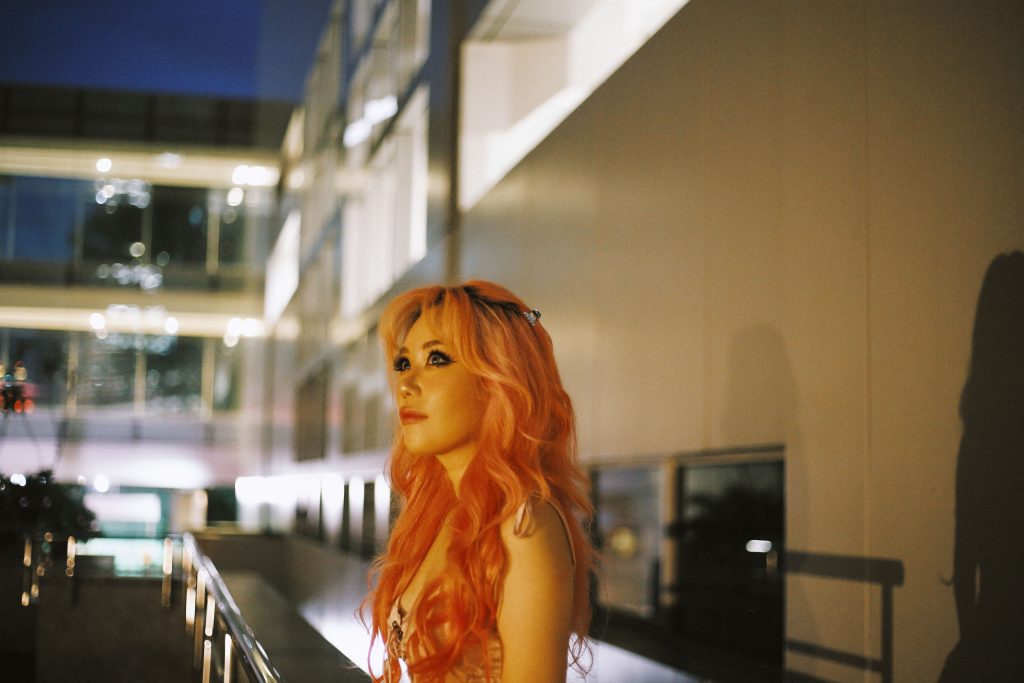
Did you really think you were toeing the line there?
“Actually, that was the line back then,” she said coarsely. “There was no outrage.”
I don’t immediately respond. She softens her face, sits upright, and brings the tone of her voice down a notch.
“10 years ago, when I wrote my tweets, there was an issue where there were a lot of molest cases,” she said.
“So many girls were speaking up about being harassed by this group of people and it triggered the memories of when it happened to me. Those tweets came from a dark place.”
“I was molested, and other girls told me they were also molested. Then suddenly we’re not victims, we’re racists.”
Again, we sit in silence.
Xiaxue is a victim, a reality online commentators have shown no desire to engage with. She’s a victim of sexual assault, misogyny, online hate, and has had her own share of mental health struggles. She’s also the perpetrator of some extremely nasty comments. But how do we have a conversation that accounts for all of these apparent inconsistencies?
Placing her old tweets next to her latest blog post, I’d say a lot has changed in the last decade.
“I don’t tweet out of that dark place anymore,” she assures me.
But what do we do with you? I ask. How do you want people to digest what happened to you alongside what you’ve said?
“I feel that people should be allowed to have their own prejudices at heart,” she replies.
“The best [that] people can expect from other human beings is that they don’t act on these prejudices, and don’t use them to hurt people.”
Looking away for a moment, she says, “In the past, I didn’t want to see the human side of them [migrant workers]. I was so angry. That has changed. Now I see how that tweet could have been detrimental to that group of people … especially the majority who were innocent.”
In a rare moment, Xiaxue shares her vulnerable side—but she never keeps her guard down for long.
What about an apology?
She stiffens, adjusts her posture so she’s sitting upright in her chair, and almost glares at me.
“If someone comes up to me and respectfully says they were hurt by my post, I will always apologise to that person,” she says. “It has happened many times.”
I ask again, unsatisfied with her answer. Why not a public apology?
“It’s the principle behind it. The mob don’t come from a good place. They just want you to listen and conform. The people who nicely text me, I’ll happily apologise to them.”
“If I punch you, I should apologise to you. Why do I need to apologise to everyone?”
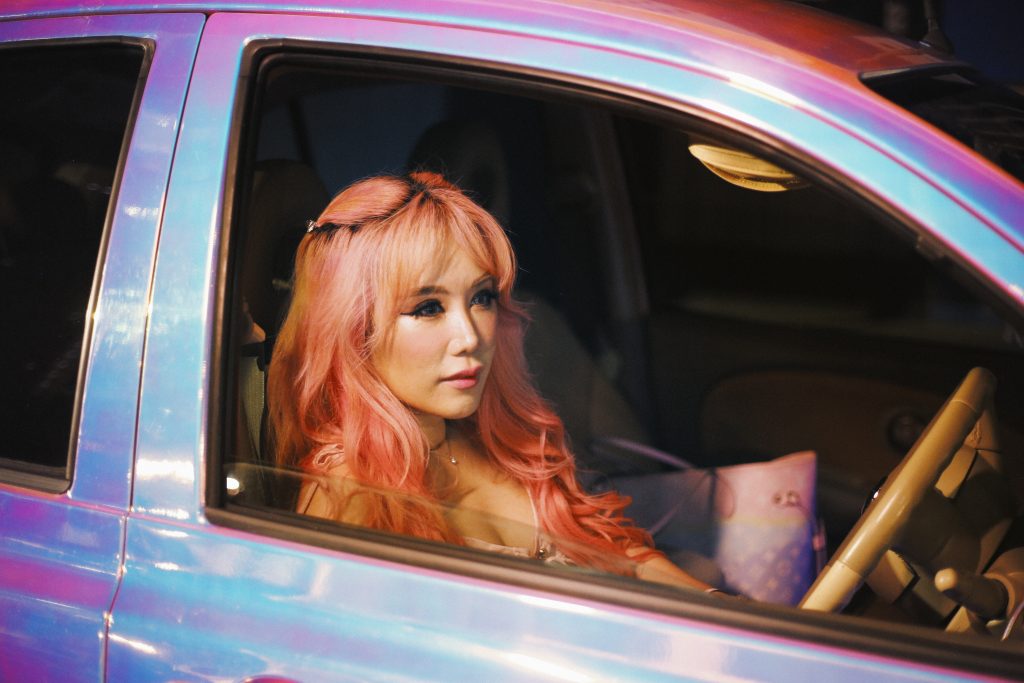
The woman I’m speaking to is funny, intelligent, and well-read. But not only has she failed to show the public this side of her, she has allowed her image to become the poster child for issues much larger than she may realise. To many, Xiaxue = racism, bigotry, and stubbornness. But no one can defend her until Xiaxue defends herself.
She can present a zealous, convincing argument for why cancel culture is a toxic and unhealthy creation of the far-left, yet she fails to embody any kind of viable alternative. She also refuses to give her audiences a glimpse of the growth she has accomplished behind closed doors, convinced that this would be utterly useless.
“What’s the point of having the discussion?” she says. “If they believe I am coming from a bad place, there is nothing I can do to convince them otherwise.”
Then how can you possibly signal to people who you are, and where you stand today?
“It’s demeaning that I have to,” she rebutts, as an alarm from her phone interrupts us. It’s time to pick her child up from school. I tag along.
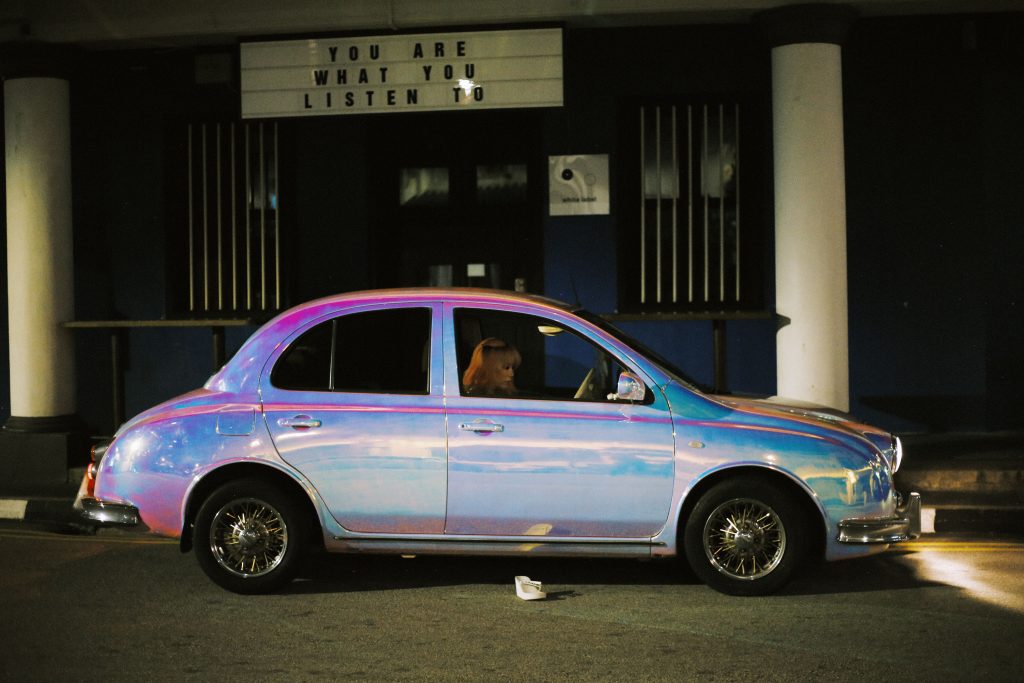
Comfortable in her environment, she shares her honest opinion about Black Lives Matter, and the multiple cases of sexual harassment at NUS. I find myself surprised that very little of what she says deviates from what ‘social justice warriors’ have been posting online.
“But Wendy!” I interrupt. “Why don’t you ever post these opinions?”
“It’s disgusting to be a virtue signaller,” she responds.
“I always believed that if I don’t have anything to add of value, I won’t say anything. A lot of times I actually agree with what the public thinks, so I don’t feel the need to say anything. When I disagree with something, it becomes controversial precisely because it’s not the majority view everyone is echoing.”
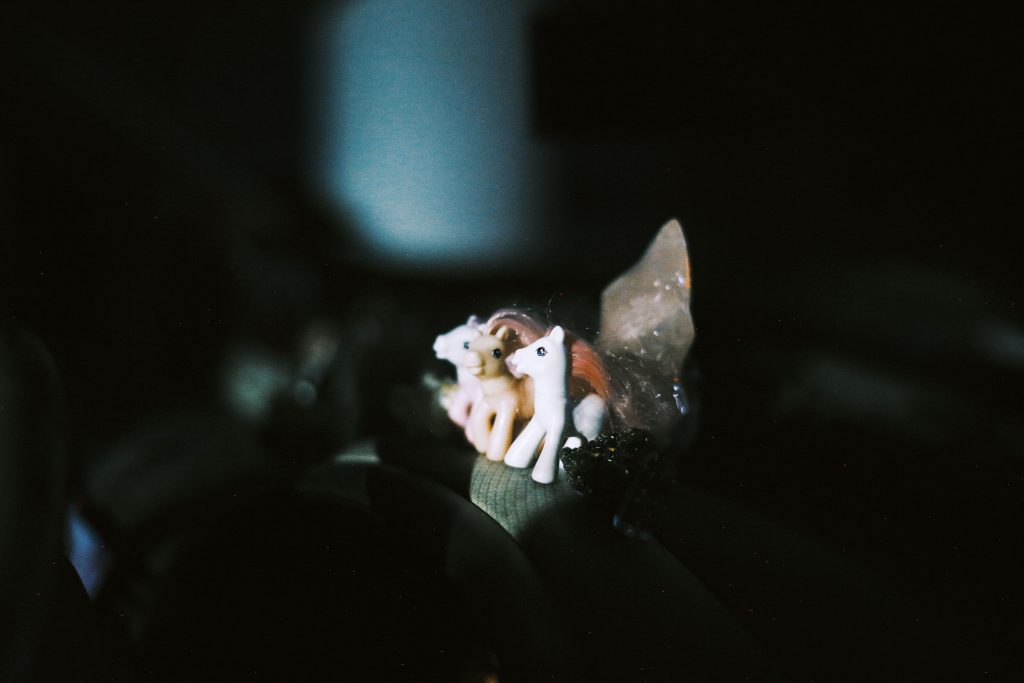
Whether I agree or not barely matters at this point, because I’m taken aback by how real Xiauxe is. She speaks her mind only when she feels she can contribute to the conversation. In a world where inauthentic apologies and virtue signalling are a daily occurrence, this is refreshing. Whether you love or hate her, Xiaxue doesn’t give two shits about what image is popular online.
I wonder if she could still be herself if she was less hostile.
When Xiaxue was accused of fatphobia, she was trying to make a point about how the body positivity movement borders on promoting morbid obesity, which is as unhealthy as anorexia—not that outrageous an idea. But of course, the way she expressed herself entirely distracted from her point.
These people eat “30 burgers a day,” she wrote. “Even when they die [they] need 3 [people] to carry the corpse.”
And when she questioned how environmental activist Greta Thunberg could possibly bring an end to climate change, she went on to call kids like her “starry-eyed hopeful idiots”.
For someone who bashes cancel culture “for promoting a hostile environment where all intellectual discourse goes to die,” it’s embarrassing how little curation goes into her online posts.
“I agree that I should have written it in a different way,” she says, reflecting on her obesity posts. “But with IG stories you sometimes post shit without thinking too much.”
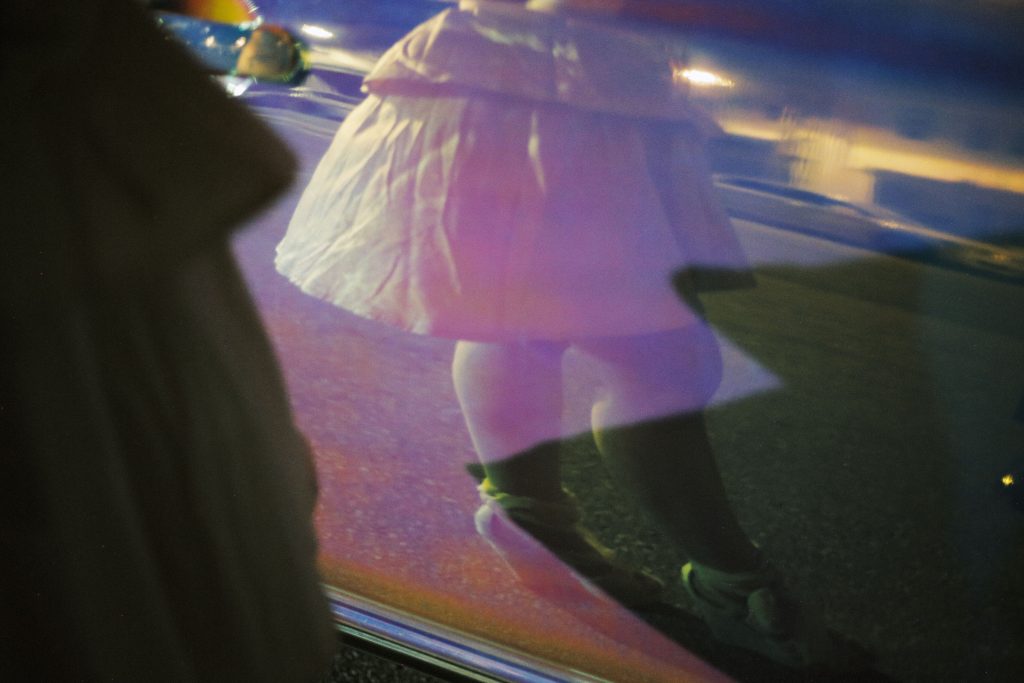
She fails to see or understand this, because she has built walls around her that prevent her from changing the way she acts and speaks.
She won’t be politically correct because “PC is what the mob dictates now” and “we’re being silenced into having PC ideas”. This has become her ideology.
She’s convinced that online users “don’t give a shit about me, they don’t know what I’m like and they just want to see me fail”.
When I ask her why they would want to do that: “They have nothing better to do. It makes them feel good.”
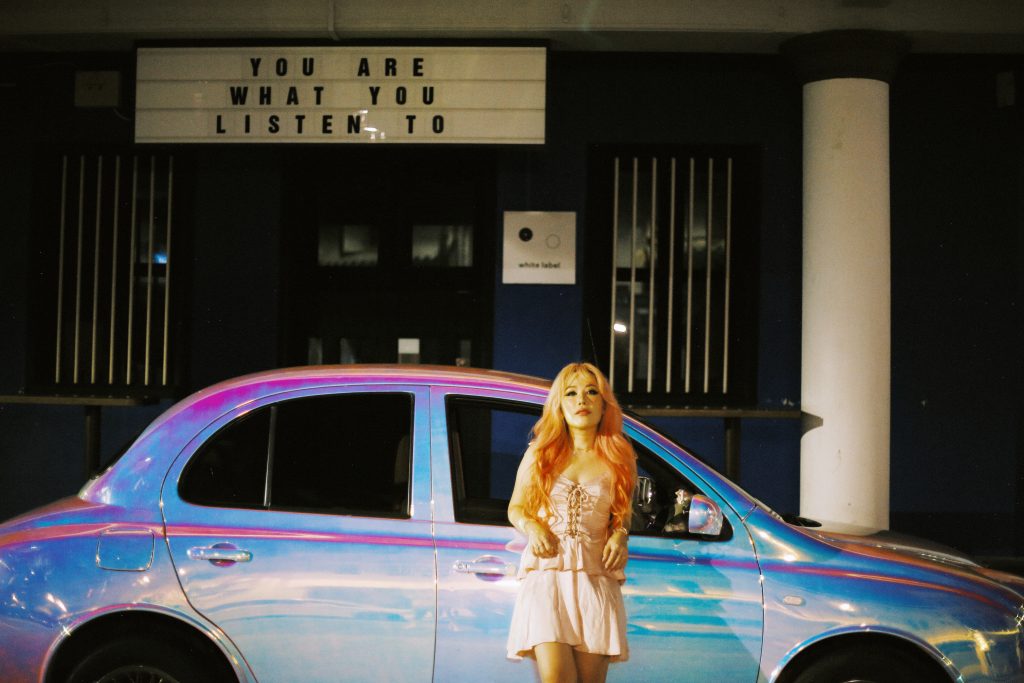
“They are winning the war,” she says, unequivocally.
At times, she seems to compulsively submerge herself in a world inundated by online wars and battles, in which the future of society is under threat.
Her critics say Xiaxue doesn’t understand many of the issues she speaks about. She’s been questioned for the dubious manner in which she handles backlash. You also wonder if there really is a ‘mob’ that’s constantly plotting her downfall.
But as divisive and presumptuous as Xiaxue’s ideas sometimes are, they are no doubt those of an independent thinker. Taking a position, particularly on topics polarising or emotional, means you’ll face vitriol from people on both sides of the ideological spectrum.
I wonder where she turns to for help when things get ugly, like they did this year.
I ask about her husband, but she doesn’t want to speak about him—she doesn’t want him getting involved in her online beefs. The same goes with her child and parents.
“The last saga really taught me who my real friends are,” she says, promising to consult them more often before posting online.
Nearing the end of our conversation, I wonder if the world will ever meet the Xiaxue I did, but I don’t think so. That would be a sign of defeat. She’s placed herself perfectly within a box, a box that allows her to stay authentically true to herself. But it’s also one that sounds terribly rigid—and lonely.

